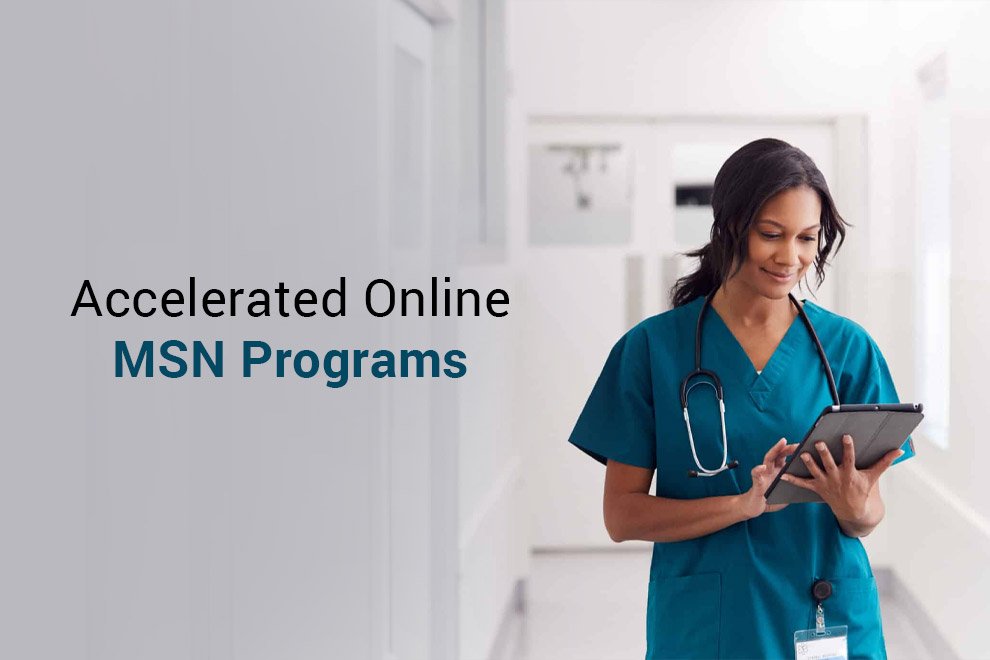Accelerated programs have become increasingly popular in higher education, offering a faster path to advanced degrees without compromising career momentum. In the world of nursing, accelerated MSN online programs promise to take you from RN to advanced practice nurse in less time—sometimes in as little as 12 to 18 months. But are these programs truly as efficient and effective as they seem, or are there hidden trade-offs?
What Are Accelerated MSN Programs?
Accelerated Master of Science in Nursing (MSN) programs are designed for motivated students who want to earn their graduate degrees quickly. They typically compress coursework into shorter terms, reduce breaks between semesters, and require a more intensive workload.
Some versions are for non-nurses who hold a bachelor’s degree in another field (direct-entry programs), while others are designed for RNs with an associate degree or BSN who want to level up their credentials. Many of these programs are delivered MSN online, providing flexibility for students who are balancing work and personal responsibilities.
The Appeal: Speed and Flexibility
The biggest draw is speed. Traditional MSN programs can take two to three years, depending on your background and whether you study part-time. Accelerated programs aim to trim that timeline significantly, which means entering the workforce in a new, often higher-paying role sooner.
The MSN online format adds to the appeal. Online learning allows students to complete coursework from anywhere, often on a flexible schedule. This makes it easier to juggle school with a job or family obligations, particularly for nurses who can’t afford to step away from full-time work.
But What’s the Catch?
While the benefits are real, there are some caveats to consider. First and foremost, the pace is intense. Accelerated programs compress a large amount of material into a short time frame, which can lead to burnout if you’re not prepared.
Clinical hours are still required, regardless of the program format. You’ll need to coordinate hands-on experience at a healthcare facility, and fitting that into an already demanding schedule can be challenging. Depending on the program, you may be responsible for securing your own clinical placements, which adds another layer of complexity.
There’s also the question of quality. Not all MSN online programs are created equal. Accreditation, faculty support, and clinical partnerships are critical factors to consider. A cheaper or faster program may seem appealing at first glance, but it won’t serve you well if it lacks proper accreditation or leaves you unprepared for certification exams.
Making the Right Choice
If you’re highly self-motivated, have strong time-management skills, and can handle an intensive academic load, an accelerated MSN could be the perfect fit. However, it’s important to do your homework: compare programs, talk to alumni, and read the fine print.
Ask yourself: Are you looking for speed, or for depth and support? Ideally, you can find a program that offers both—but it takes careful selection.
Final Thoughts
Accelerated MSN online programs aren’t too good to be true—but they’re not for everyone. With the right mindset and preparation, they can fast-track your career and open doors to leadership, advanced practice, or specialized care. Just be sure to weigh the speed against your capacity, and choose a program that aligns with your long-term goals.
Also Read: What is an Alternative High School? Explore Educational Programs and Benefits










